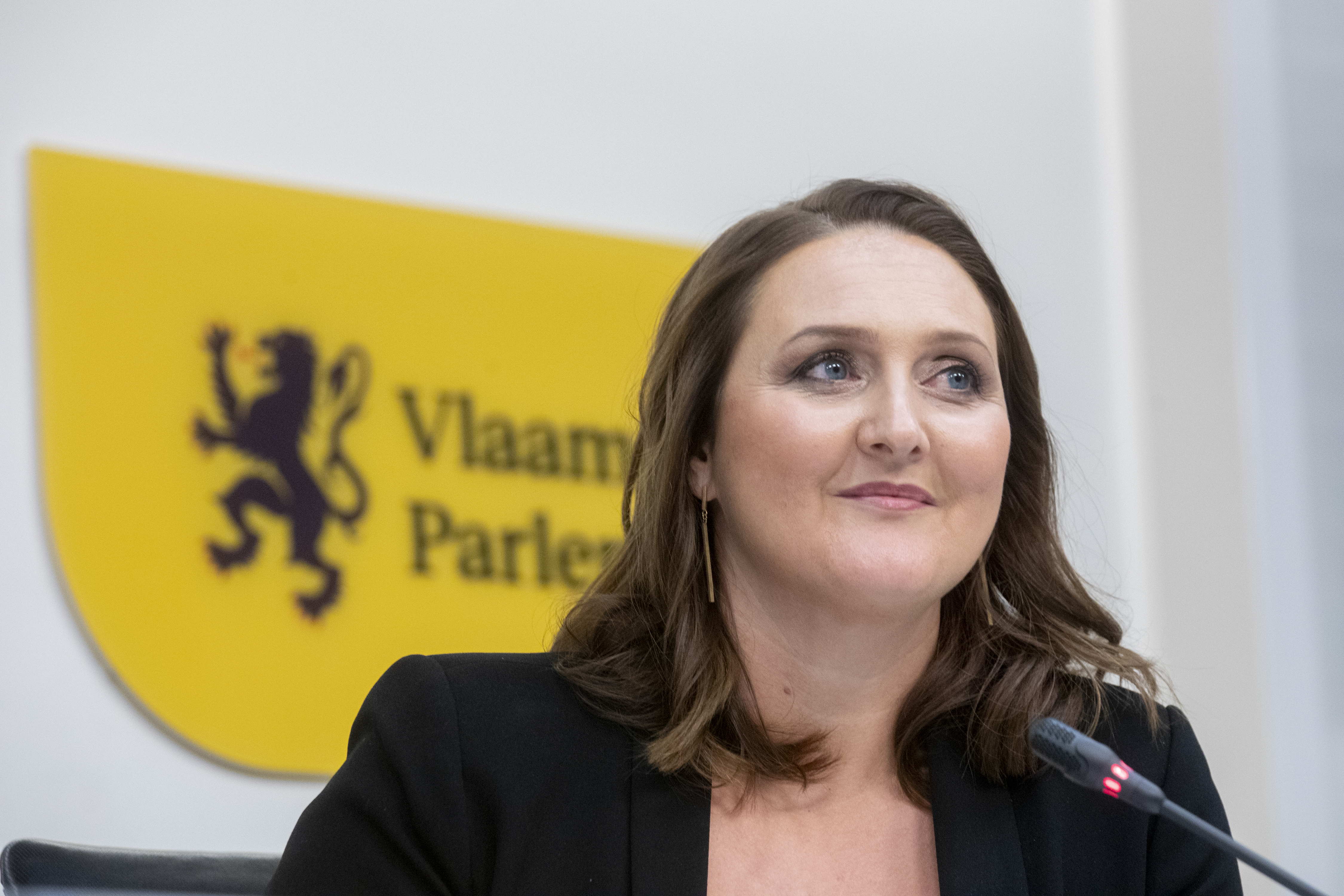Could new deputy minister president help resolve Flemish nitrogen policy deadlock?

Two days after the surprise resignation of deputy minister president Bart Somers, the Flemish government has found his replacement. Gwendolyn Rutten of liberals Open VLD will take over his duties during the final months of this government's mandate.
The choice of Rutten is almost as surprising as Somers' announcement. Rutten, unhappy that she was not chosen as the new federal Justice minister, had publicly announced the end of her career in national politics only a few weeks ago.
Although she has more than 20 years' experience in politics, this is the first time she has been a minister. As the new deputy minister president, she has a few tough months ahead of her, as an agreement on nitrogen policy in Flanders has yet to be reached. Rutten knows the issue through and through, as she co-negotiated the Flemish coalition agreement as leader of Open VLD in 2019.
Less ambitious policy?
Her appointment could lead to a less ambitious nitrogen policy. While Somers was best known as a mediator between Christian democrats CD&V and Flemish nationalists N-VA, the other members of the Flemish government, Rutten has a much more defined view on nitrogen reductions and considers the current 2030 target unrealistic.
Speaking on Flemish public broadcaster VRT last month, she questioned the viability of the nitrogen reduction targets, fearing they could damage the economy. "The way we have turned these objectives into regulations now leads to economic decline or stagnation," she said. "We cannot risk our prosperity for a few fragmented pieces of nature."
Rutten argues that because Flanders is a densely populated area, it is harder for the region to reduce nitrogen emissions than it is in member states with large natural areas. Belgium should therefore renegotiate its targets with the EU. This would take some time, so in the meantime, Rutten would issue a temporary decree allowing companies and farmers to obtain licences.
The Netherlands as example
Extending the deadline has some precedence. Frans Timmermans, the former European Climate commissioner who recently returned to politics in the Netherlands, announced last week that he was dropping 2030 as a deadline for cutting nitrogen emissions.
For now, that is not the plan in Flanders, Environment minister Zuhal Demir said on Tuesday. Deviating from the targets set by the previous Flemish government would take too much time, she said. "And if there's one thing we don't have, it's time. So we are following the path set by the previous government."
#FlandersNewsService | Open VLD's Gwendolyn Rutten, the new deputy minister president of Flanders © BELGA PHOTO HATIM KAGHAT
Related news
